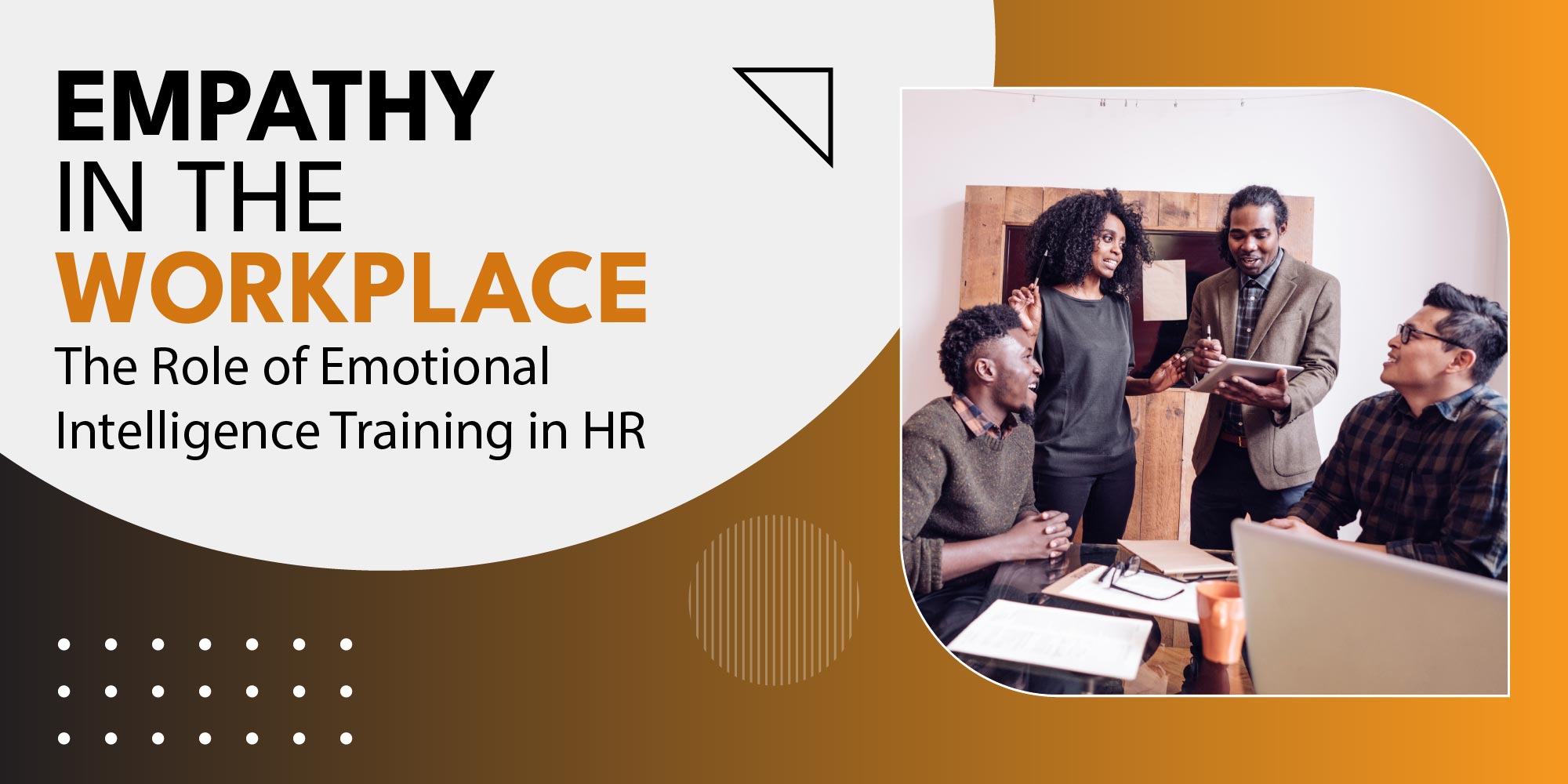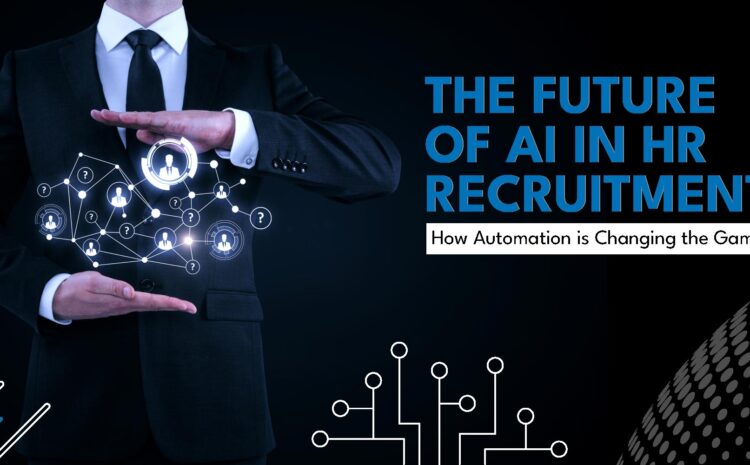Welcome to another exciting blog! Did you know businesses with highly engaged employees can outperform competitors by 147%? What’s one superpower for driving engagement? Empathy. Today, we’ll talk about how emotional intelligence training in HR can turn things around for your business and propel you past the competition.
Let’s face it, the workplace isn’t always sunshine and rainbows. Deadlines loom, stress simmers, and conflicts can erupt like office volcanoes. But what if there was a secret weapon to navigate these choppy waters – a skill that fosters collaboration, boosts morale, and even improves the bottom line? Enter empathy and its close companion, emotional intelligence (EI).
Think of empathy as the ability to see the world through someone else’s eyes, to understand their feelings and perspectives. It’s not about mind-reading, but about active listening, open-mindedness, and a genuine desire to connect. And guess what? This “soft skill” is actually a powerhouse when it comes to work.
Here’s why:
- Stronger teams: When team members feel heard and understood, they collaborate more effectively, share ideas openly, and support each other through challenges. Imagine a brainstorming session where everyone feels safe contributing or a conflict resolution meeting where empathy paves the way to a win-win solution.
- Happier Employees: Feeling valued and supported at work makes a difference. Employees who experience empathy from their colleagues and leaders are more engaged, motivated, and less likely to seek greener pastures. This translates to lower turnover and a more positive work environment for everyone.
- Better Leadership: Leaders with high EI excel at motivating and inspiring their teams. They can provide constructive feedback with empathy, delegate tasks effectively, and navigate difficult conversations with grace. Their teams feel empowered, trusted, and ready to tackle any challenge.
So, where does HR come in? It’s simple: invest in emotional intelligence training. Workshops, coaching programs, and even online resources can equip employees and leaders with the tools they need to build their EI muscles.
Here’s what effective training might look like:
- Self-Awareness: Helping individuals understand their own emotions and triggers.
- Social Awareness: Recognizing and responding to the emotions of others.
- Relationship Management: Building strong, positive relationships based on trust and respect.
- Decision-Making: Making choices that consider the emotional impact on others.
The benefits of such training are real. Studies have shown that EI training can:
- Improve communication and collaboration
- Reduce conflict and stress
- Boost employee engagement and satisfaction
- Increase leadership effectiveness
- Enhance customer service
While some may be concerned about the cost or time commitment of EI training, the long-term benefits significantly outweigh these initial investments. For example, a 10% reduction in turnover can save a company thousands of dollars in recruitment and onboarding costs.
Investing in empathy and EI training isn’t just a feel-good exercise; it’s a strategic investment in your company’s success. You truly can’t afford not to implement this practice.
Thank you so much for reading! While you’re here, why not check out some of our other publications? We know you’ll find something you’re interested in. What are your opinions on EI training? Do you think it works? Join the conversation by dropping us a comment below. We look forward to talking with you!

 Linkedin
Linkedin

